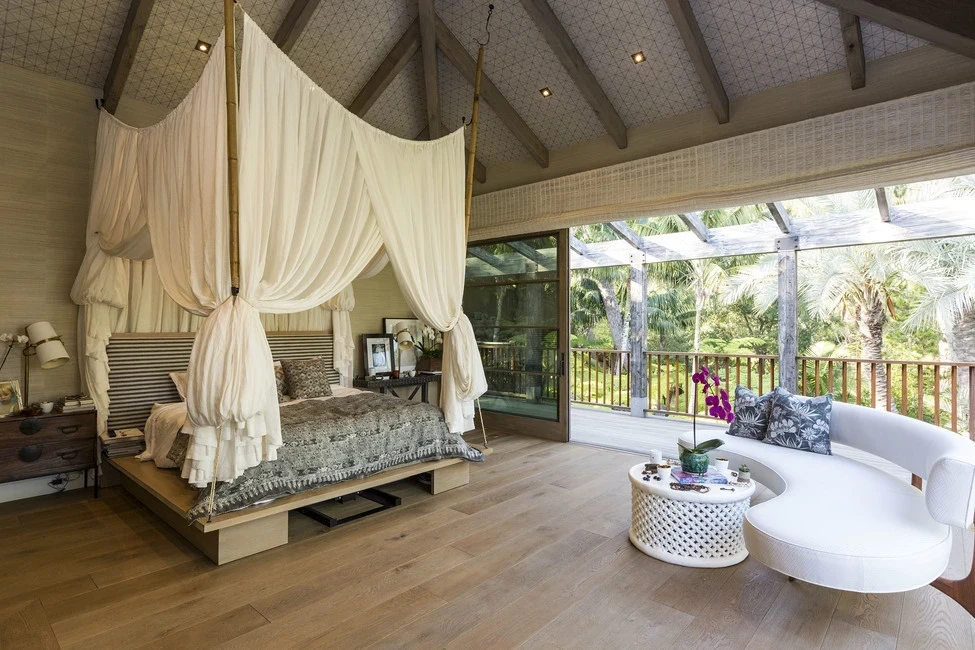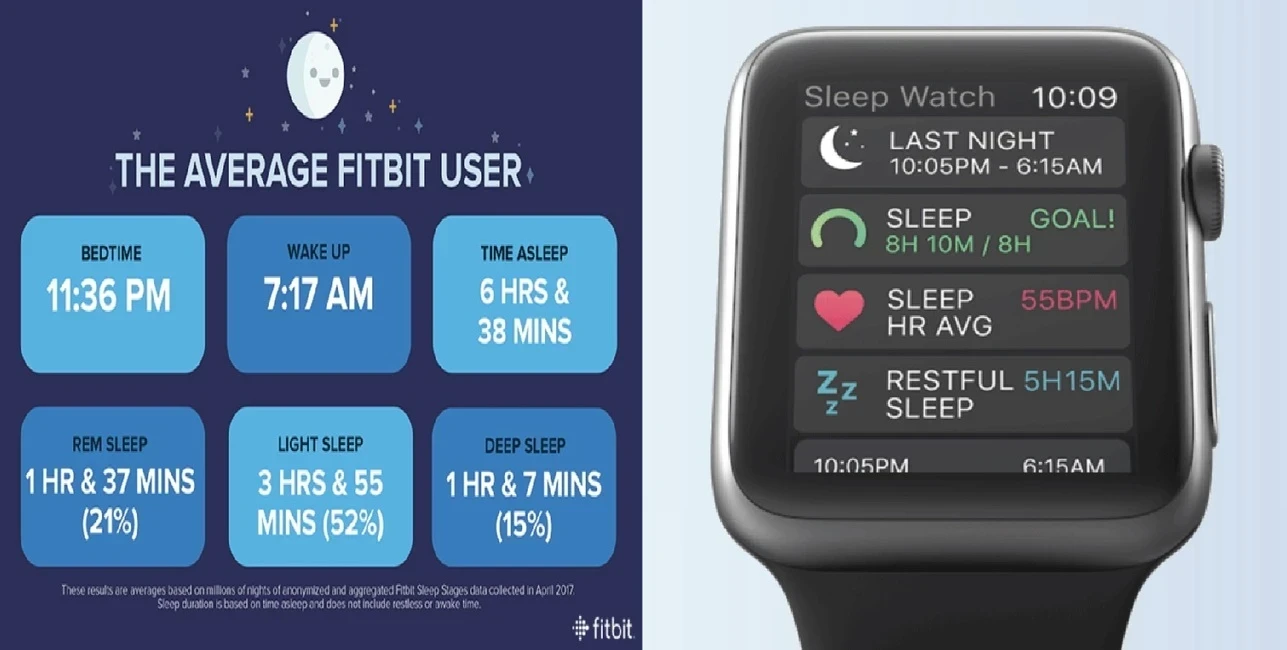Sweet Dreams
As the contemporary wellness movement emerged in the last few decades, the focus was on nutrition and fitness, and one of the most important things for your well-being as a human was neglected — sleep. But as wellness has developed into a global phenomenon focused on wellness in all aspects of life, from work to home life, sleep is getting the attention it deserves and needs.
“Sleep is really the foundation for wellness,” says Nancy Rothstein who serves as director of Circadian corporate sleep programs and is known as the The Sleep Ambassador. “How we sleep affects how we function, in work and leisure,” she says. With the slogan “To live well, you must sleep well,” Rothstein bridges the gap between research, science, information and resources in the field of sleep.
“Sleep is not a luxury,” Rothstein says of the common misconception in today’s work-focused day and age. “It’s a necessity. It shouldn’t be a status symbol because it’s as essential as food and oxygen.” Although behaviors have changed amongst society to adjust to the technological and fast-paced world, our biology hasn’t — we still need sleep.

According to the World Association of Sleep Medicine, sleep deprivation affects the quality of life for 45 percent of the world’s population, and three-quarters of Americans want to take measures to improve their sleep. “When people don’t get enough sleep, it affects health, mind and spirit. Lack of sleep is tied to weight gain and various health problems. And undiagnosed sleep disorders need to be recognized and solved,” says Rothstein. “Our brain actually has a cleansing system that occurs when we are sleeping, flushing toxins. When we are sleep-deprived, over time it causes deposits and can cause premature dementia and other issues.” Viewing sleep as an investment both financially and in terms of time is an approach that Rothstein encourages. “People are investing lots of money into the physical structure of the home that they are going to live in and all of the beautiful accouterments — but how about investing in your sleep?”
Rothstein explains that to get the most out of your beautiful home for your health and wellness, you should establish your bedroom to be a sleep sanctuary that’s cool, dark and quiet. Features such as blackout curtains, electric shades, and temperature controls to keep your bedroom cool (65-68 degrees is ideal) should be considered to enhance the atmosphere for getting a good night’s sleep.
Yet, the most important asset for sleep is the mattress. “You should look at it like an investment, and buy the best ones you can afford,” says Rothstein. “A good mattress is the hidden secret.”
“Buying a bespoke mattress is one of the worthiest investments in overall health and wellness. With a bespoke mattress, every part of the mattress is designed to perfectly fit your body,” says Alistair Hughes, managing director of Savoir Beds, a U.K.- based brand that has been producing handcrafted and tailor-made mattresses with natural materials for over 100 years.
“In today’s fast-paced world, sleep is often sacrificed. Further, the age of the Internet allows immediate access to any product, while often choosing instant gratification over excellent quality,” says Hughes. “Non-bespoke mattresses are mass produced and designed with a one-size-fit-all mentality that cannot match the same level of comfort that a mattress specifically crafted for your body can offer.”
Savoir beds take into account factors including existing health problems, sleep position and preferred tension in order to make a customized mattress that is made-to-order after showroom consultations and a trial night in a Savoir. “Though this process takes longer than a quick click and delivery, it is well worth the time and financial investment, as our mattresses are built to last years beyond typical mattresses,” says Hughes.
The most common tools people seek to help them improve sleep have been in technological advancements and new products on the market. Sleep apps available on the phone are abundant, employing everything from hypnotherapy and meditation, to white noise or soothing audiotracks, to sleep disorder-focused apps for insomnia or anxiety.
One of the highest-rated apps is the Sleep Cycle Alarm Clock that tracks sleep patterns through sound technology to wake you up at optimal light sleep phases so you feel well-rested and energized for the day. Other technology aside from apps includes alarm clocks that stray away from startling buzzing and beeping, such as the Philips® Wake-Up Light that stirs you awake with a soft morning glow.
When it comes to apps and technology, Rothstein encourages anything that can help you get a good night sleep, but warns of the potential “pandemonium in the bedroom” these devices can bring. “The important question is, the informational output from your app, Fitbit, sleep monitor — does it change your behavior so you’re sleeping better?” Rothstein asks.
If devices with sleep technology such as Fitbits and Apple watches lead to you checking messages in bed more often, that might not be the best route. “The trend is to buy anything to help you sleep better, or coach you. But the truth is the best sleep coach is yourself. The best sleep technology is inside of you,” says Rothstein.

Tips for the Sweetest Dreams
ZZZ Be your own sleep coach/analyze your sleep problems.
ZZZ Invest in your sleep.
ZZZ Create a sleep sanctuary that is cool, dark and quiet.
ZZZ Purchase a reliable mattress and comfortable pillows.
ZZZ Create a sleep routine.
ZZZ Set an alarm an hour before bed and in that hour prepare for sleep.
ZZZ Don’t look at your phone before bed. Read a book or a magazine, have a conversation or a sleep-friendly snack.
ZZZ Take the TV out of the bedroom. When you sleep, you will still process the noise in the background.
ZZZ Take a shower or bath before bed. It regulates your body temperature and it’s a good time for mindfulness
By Samantha Myers
This article originally appeared in Homes & Estates magazine